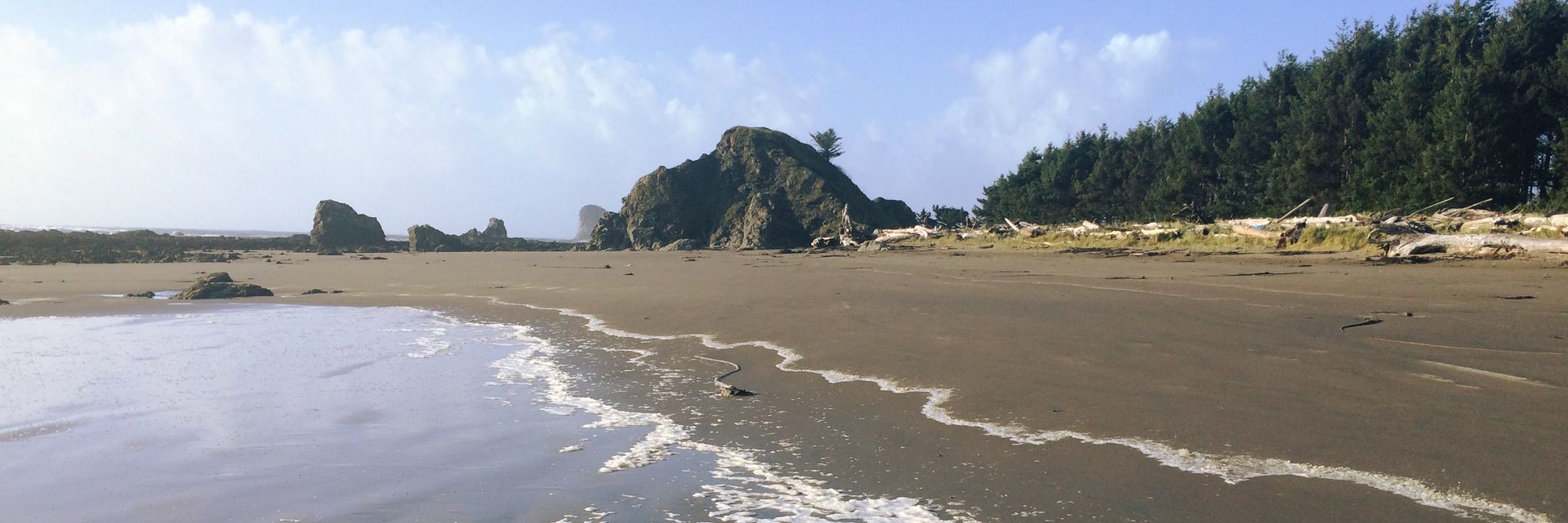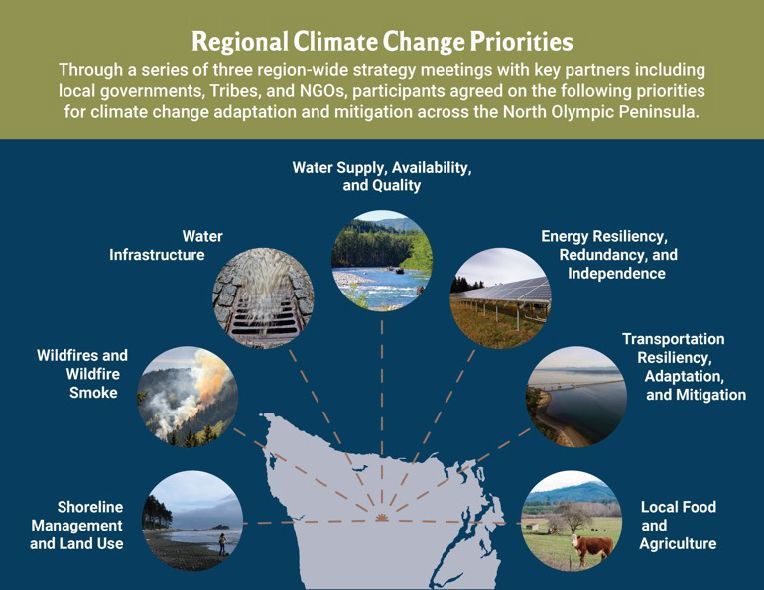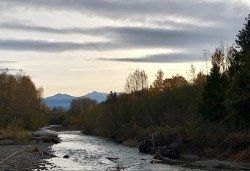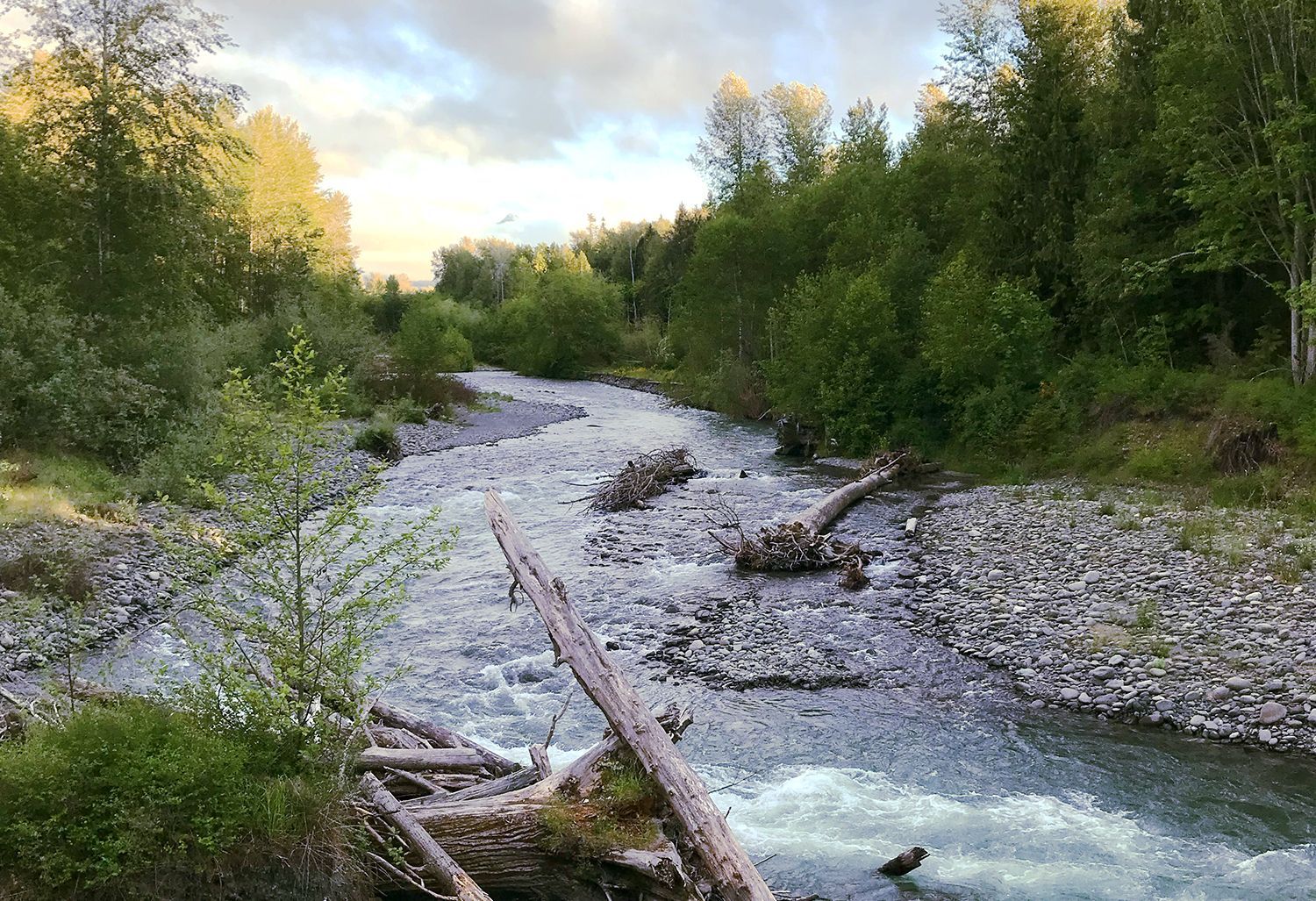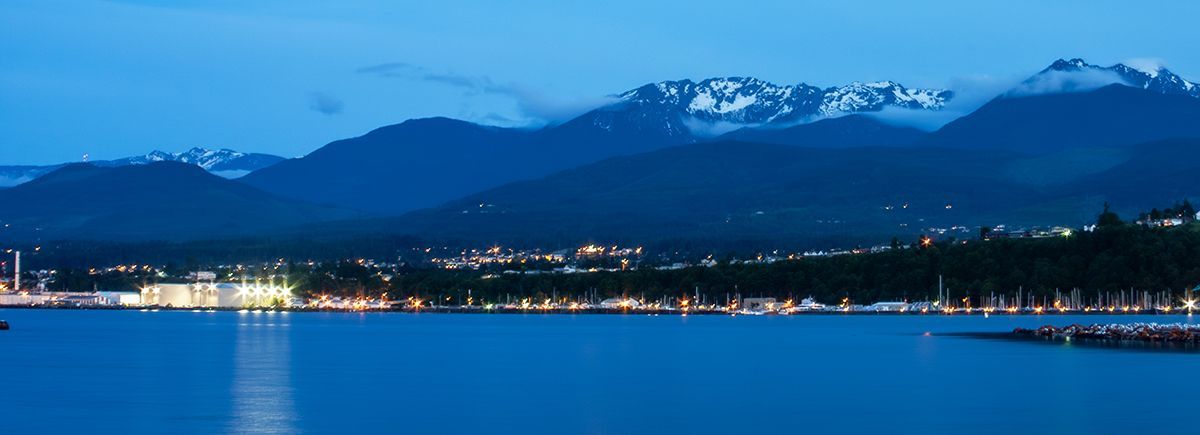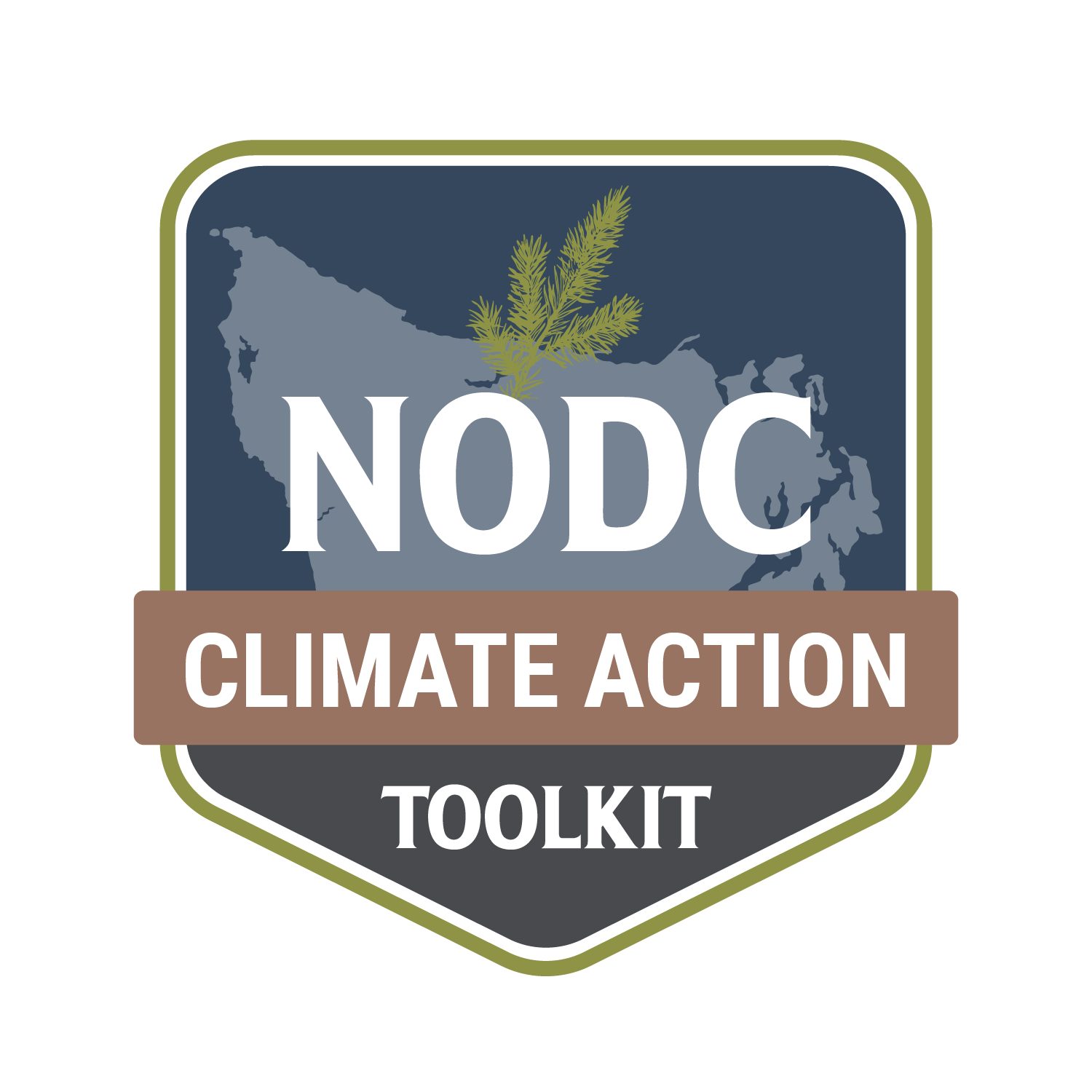Regional Climate Action Planning for the North Olympic Peninsula
Climate Change Planning
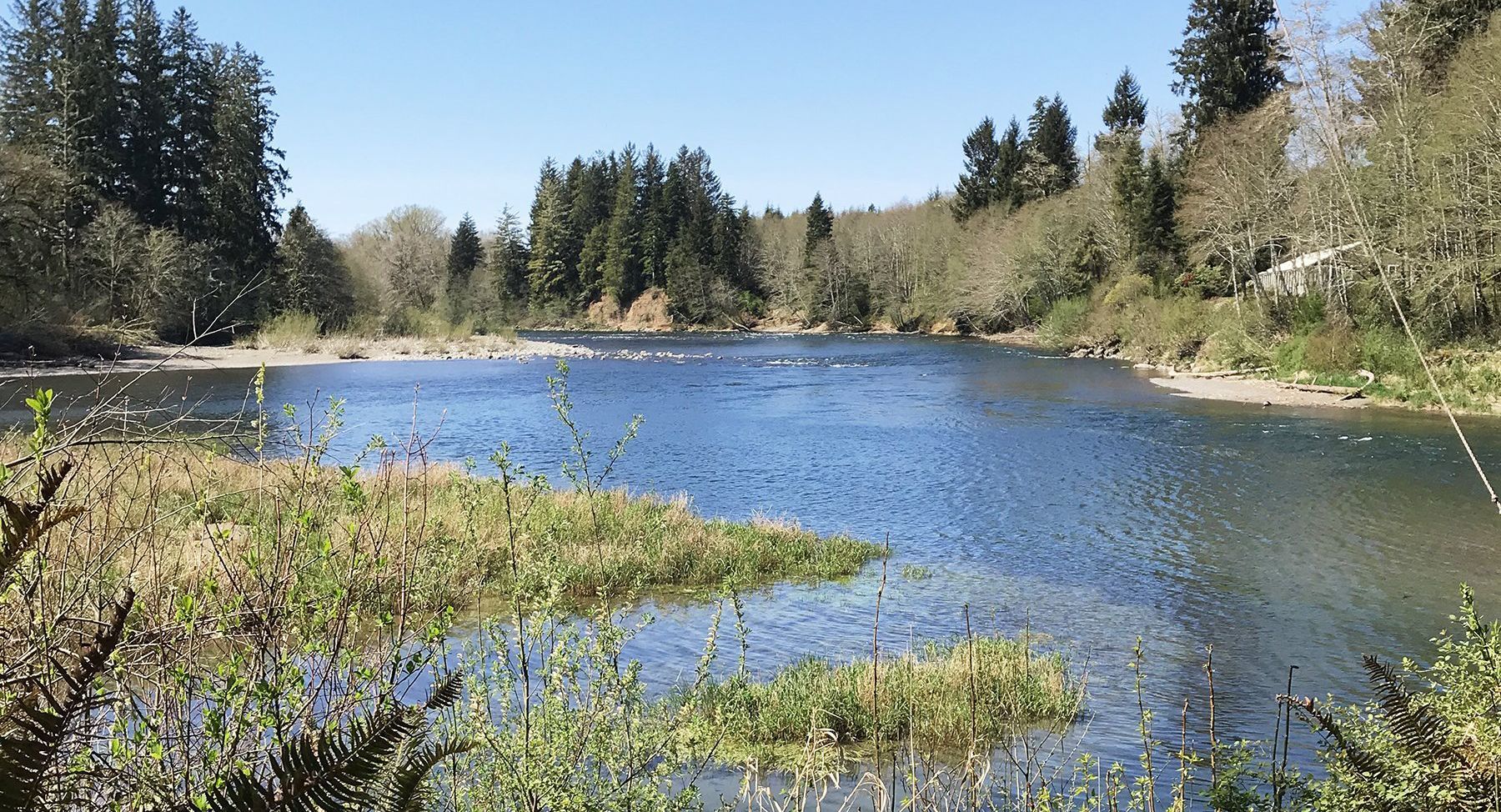
In late 2020, NODC was awarded funding through the Puget Sound Partnership from the EPA's National Estuary Program forPhase 2: Municipal Level Climate Action Planning for the North Olympic Peninsula. Building on the 2015 Climate Change Preparedness Plan for the North Olympic Peninsula (CCP NOP), this project established regional adaptation and mitigation goals for the North Olympic Peninsula and developed specific climate action plans for local communities that integrate with the CCP NOP plan, local government comprehensive and shoreline master plans, and other relevant plans. The project was completed October 2022.
Regional and Local Climate Action Planning
Local governments, Tribes,and community stakeholders came together to agree on actionable, regional goals to address climate change. Specific outcomes included:
- Region-wide actionable goals for action by all partners, summarized in the report Climate and Resiliency Planning on the North Olympic Peninsula (2022);
- Creation of a climate change planning “toolkit,” available online and for download, with sample decision-making checklists, code and regulations;
- Development of local climate action or implementation plans for Clallam County, the Jamestown S’Klallam Tribe, Port Angeles and Port Townsend.
Why Is This Issue Important?
Local communities are already feeling the effects of climate change. Local governments must begin planning now to develop policies and infrastructure to prepare for projected effects such as sea level rise, extreme rain and snow events and increased wildfire risk.
Success Stories
Goals and strategies from Climate and Resiliency Planning on the North Olympic Peninsula developed by this project are already being incorporated into other plans that will lead to action at the local and regional level. In addition, issues raised during the planning meetings led directly to a regional effort to incorporate climate projections into hazard mitigation and emergency management plans, summarized in Natural Disaster Resiliency Planning on the North Olympic Peninsula: Final Report, and to a 3-day conference in November 2022 to begin developing a roadmap for a more resilient energy system on the Peninsula.
What You Can Do
Encourage local leaders to take the threat of climate change seriously and to plan for its effects. Join public planning efforts and work with others to develop concrete goals and strategies.
Future Opportunities
The project now enters a third phase, focused on development, funding and implementation of the adaptation strategies and actions that will prepare the North Olympic Peninsula for the changing climate.
Links to Reports and Resources
- Climate and Resiliency Planning on the North Olympic Peninsula: Final Report (2022, 25 pages)
- Climate and Resiliency Planning on the North Olympic Peninsula: Regional Meetings (2022, 157 pages, includes updated climate projections)
- Climate Action Planning for the North Olympic Peninsula: Project Summary (2022, 6 pages)
- Natural Disaster Resiliency Planning on the North Olympic Peninsula: Final Report (2022, 30 pages)
- NODC Climate Action Toolkit (website)
- NODC Climate Action Toolkit PDF (2022, 43 pages)
- Climate Change Preparedness Plan for the North Olympic Peninsula (2015, 101 pages)

Other Articles:
